The Eucharist, The Holy Spirit, and The Church
This study focuses on the dynamic functions of the Holy spirit together with the Father and the son in realizing the sacrament of the Eucarist. It illustrates how the entire liturgical celebration is both epicletic and anamnetic as it prolongs the self-communication of the Son at the Last Supper and that of the Holy spirit at Pentecost. It explains how Jesus’ words of institution are conjoined to the epiclesis of the Holy Spirit, both together forming a single unit of prayer and as such are the constitutive factors of the real presence of Christ to the Church. Since it is generally stated by Catholic theologian who attempted to explain that the Holy spirit is also received along with Christ and is also responsible with him in sustaining, uniting, and missioning the Church. The study is centred around the writings of such an outstanding theologian, Edward J. Kilmartin (1923-1994), who places great emphasis on the vivifying action of the Holy Spirit in the Eucharist. He presents the Spirit as the life principle of the Church and its sacraments, and thus as the facilitator of the Lord’s Supper, who guarantees his presence to the faithful. He speaks of the divine Pneuma as the medium between the glorified, the sacramental and the ecclesial forms of the Body of Christ. Hence the study presented here systematically explores the reasoning behind Kilmartin’s emphasis and further analyses how the concepts of pneuma and koinonia are essentially related in his eucharistic writings. It also admirably elucidates the personal, ecclesial and social ramifications of accepting the love of the triune God in the liturgy.
BECOME A MEMBER

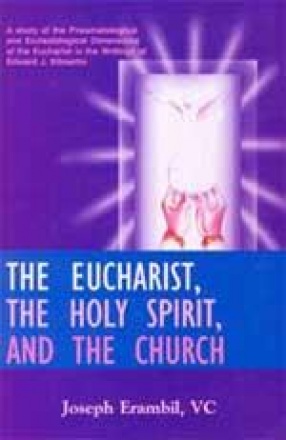
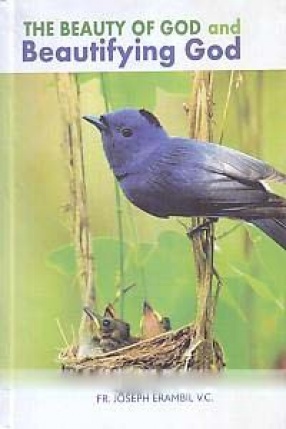

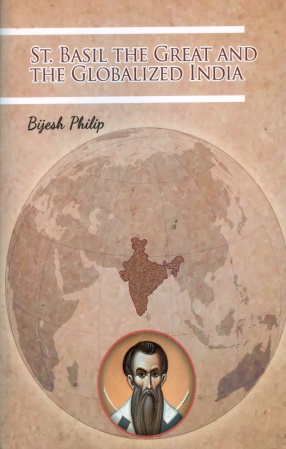
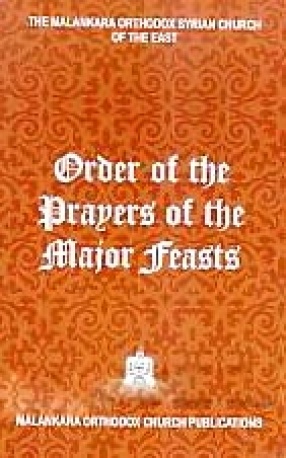
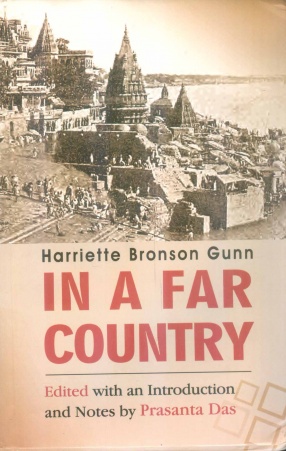

Bibliographic information